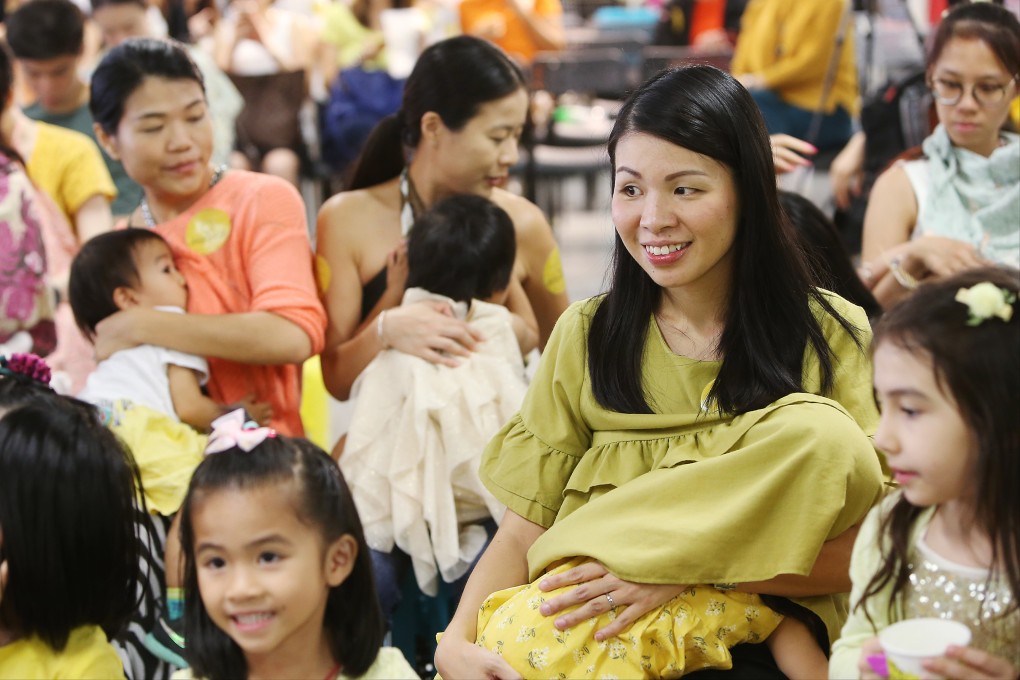Lunar | To really encourage breastfeeding, Hong Kong needs a better maternity leave policy
- It cannot be disputed that the adoption of breastfeeding in Hong Kong is tied to the duration of maternity leave, which now stands at 14 weeks
- As anyone who has nursed will tell you, it can take significant time and effort to breastfeed successfully

The alliance’s vision is a world where breastfeeding is a cultural norm and enabling environments exist for parents. It works to support the World Health Organization target of increasing the number of babies being exclusively breastfed in the first six months of life to at least 50 per cent by 2025.
Here in Hong Kong, the breastfeeding rate at the time of hospital discharge was an impressive 87.5 per cent, according to a 2019 survey. However, when it comes to the number of babies who are being exclusively breastfed, the rate falls to just 32.6 per cent at one month of age and as low as 26.3 per cent by the age of six months.
So what is happening for new mothers from the time they leave hospital with a newborn to when their baby is six months old? Why is breastfeeding proving so difficult to maintain for women who want to continue to do so?
While it is not always feasible for new mothers to exclusively breastfeed, it cannot be disputed that a portion of the decline is tied to the duration of maternity leave in Hong Kong. There are numerous studies which have found there is a clear link between longer shared parental leave and the duration of breastfeeding.
In Hong Kong, a 2015 Department of Health report found that, while many women were aware of the benefits, returning to work affected their ability to continue to breastfeed.
